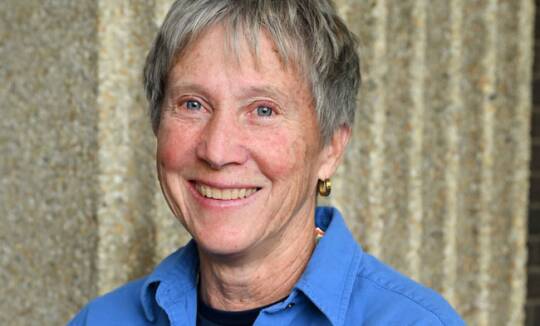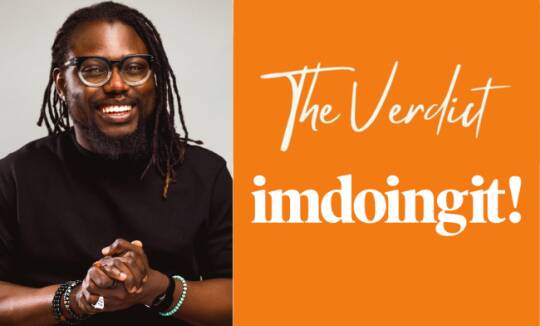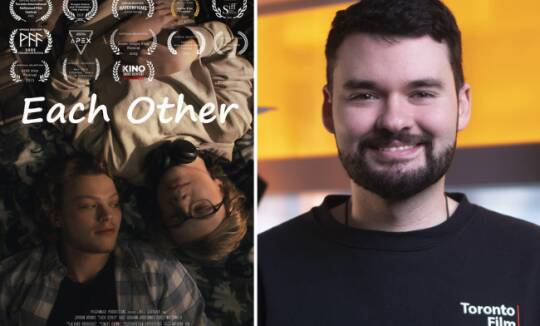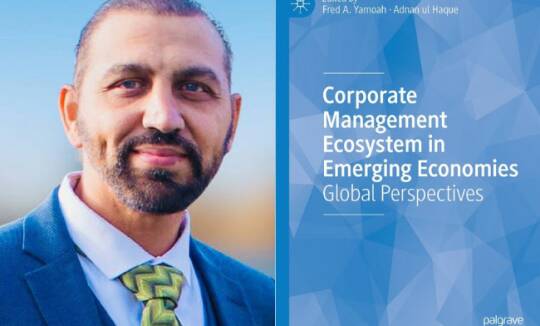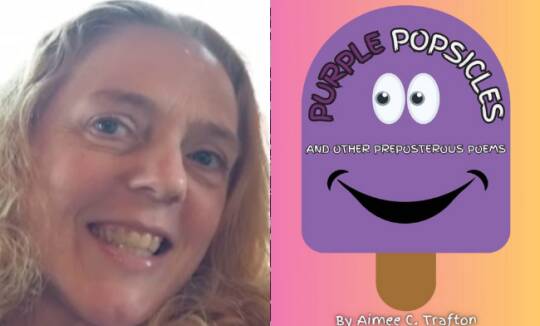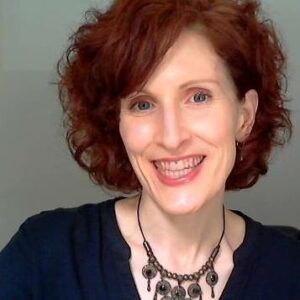
Registered Clinical Counsellor Tara Hope understands disordered eating intimately.
“For over twenty years, I have been in recovery myself, and I’ve worked [paraprofessionally] with hundreds if not thousands of people, from all across the states and in different countries,” she said.
But it wasn’t until she completed her Master of Arts in Counselling Psychology at Yorkville University in 2013, that Hope was able to translate her passion for helping others, into a profession.
“I couldn’t be doing what I am doing without my studies at Yorkville,” Hope said.
Now, the Comox-Valley BC-based counsellor has been asked to develop a course on the topic of disordered eating for a nutrition college in Victoria, in addition to offering workshops in her community and maintaining her private practice. Hope has also recently appeared as an expert commentator on Global News during recent National Eating Disorder Awareness Week.
“I’m very passionate about prevention and early intervention. For most people with disordered eating, their issues began in childhood or adolescence and that was the case with me,” she said.
Despite Hope’s personal history, she concentrates her attention on her clients, rather than herself.
“My focus is really on being compassionate and, where appropriate, sharing just little pieces of my personal experience, only if and when I believe it will be of therapeutic benefit to the person I’m working with,” Hope explains. “I don’t go into any great detail about my past because what works for me or what has worked for me is not necessarily what will be appropriate for you. I’m also very proud of that—I’m very grateful that I don’t feel in any way shape or form that I have all the answers.”
Hope knew well before embarking on her Master of Arts in Counselling Psychology with Yorkville, that she would dedicate her attention to this area. Before embarking on her private practice however, she became a school counsellor, as something of a stepping-stone.
“When I graduated from Yorkville I was already a certified teacher, and in British Columbia you need to be a certified teacher with a Master’s in a counselling-related field in order to be a school counsellor,” Hope explained.
“Right after graduation [from Yorkville], I landed a full-time position as a school counsellor, which was fantastic. It was great that I was able to secure a salaried position right away, but I wanted to do work that was more intensive and individualized, and you cannot do that in the school system. I had to decide what I wanted to focus my practice on. I did not want to throw out a wide net. I wanted to be sure as a new graduate that I was working in a field where I felt very competent and comfortable, and I am very comfortable working with this population of individuals, given my history.”
Hope’s approach to working with people who experience disordered eating is compassionate, holistic, integrative, and multi-disciplinary–especially considering that many of Hope’s clients are children and young people.
“Research indicates that family therapy is the number one modality for treatment for youth, and cognitive behavioural therapy is best for those who are adults,” she said.
“But what I do is I evaluate each individual that comes through my doors and I individualize every single case—I get to know the families, and I establish trust with them. There are so many issues that they have to deal with—behaviourally, emotionally, planning meals, etc. Every meal is an opportunity for growth, an opportunity to practice patience, to practice consistency, but it is so hard in the beginning.”
Hope’s strategy for helping her clients also involves working closely with other professionals.
“I collaborate with families when they are willing and able to create a team—so it’s not just myself with the clients, but Registered Dieticians, Pediatricians when [the client is] a child, and certainly the family doctor because it’s kind of a different population. There are so many factors you have to consider, especially when the client is in full-blown disordered eating. Anorexia is very serious.”
Hope identifies patience as one of the most important tools for helping those who suffer from eating issues, especially since many of her patients are resistant to treatment, and because success rates in general when it comes to eating disorders, are low.
“It is not short-term therapy. There is no quick fix. Unless someone comes in the door and they are saying ‘I know I have a problem I don’t want to live this way, I don’t want it to get any worse’ and they are ready to do the work and I just dig in with them,” Hope said.
“For those individuals for whom that’s not the case, one thing that is very important for resistant clients is psycho-education, which involves my gently and carefully introducing information to them about the trajectory of the illness.”
Above all, Hope is dedicated to providing a much-needed resource in the Comox Valley area.
“I want to make myself available in my community especially where I’m the only counsellor in private practice who specializes in this field” Hope said. “I knew there was a need, and it sort of found me.”
To balance out her life as a counsellor, Hope teaches cross-country skiing to kids in her spare time.
“[Working with individuals with eating disorders is] pretty heavy-duty work. But, I’m honoured… It’s only my third year, and my goodness, I’ve been asked to deliver a course to a college in Victoria—it just fits so perfectly with my practice, my background as an educator, as a person who has recovered, and as a counsellor,” said Hope, happily.
To find out more about Yorkville University and its programs click here.

